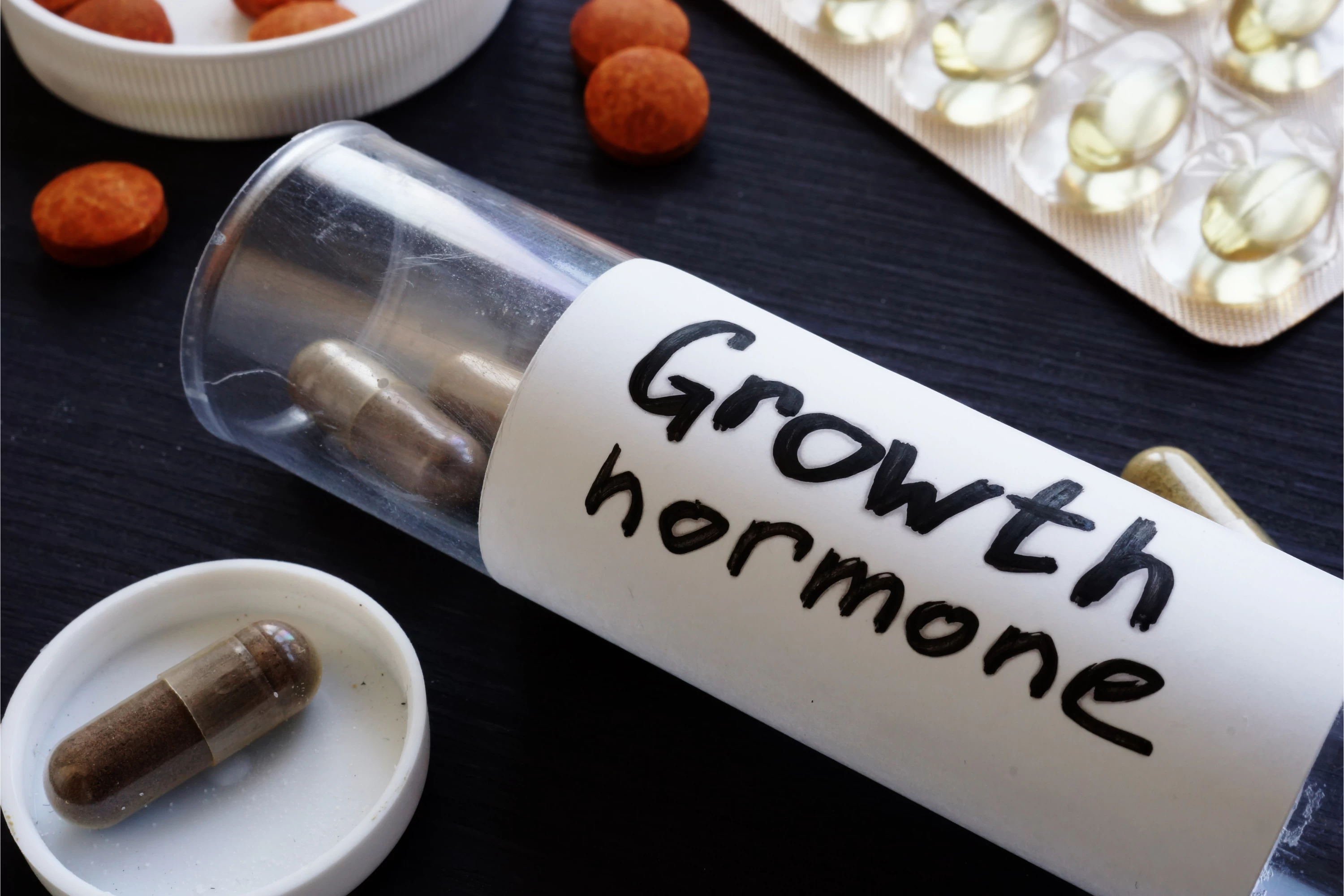
- 18th April 2023
Table of Contents
Intermittent Fasting
Intermittent fasting is a method of dieting in which one goes without food for extended stretches of time. Weight loss, increased insulin sensitivity, and decreased inflammation are just a few of the reasons this strategy has gained popularity in recent years. Some may be sceptical, however, of the efficacy of intermittent fasting as a means of gaining muscle mass. When combined with other muscle-building strategies like resistance training and adequate protein intake, the answer is yes; intermittent fasting can be an effective way to build muscle. In fact, studies show that intermittent fasting may boost growth hormone levels, which is essential for muscle development. It is essential to strategically time meals around workouts when using intermittent fasting for muscle gain. Maximizing the anabolic response and promoting muscle repair and growth can be aided by eating protein-rich meals before and after resistance training sessions. In conclusion, while intermittent fasting on its own may not result in significant gains in muscle mass, it can be a helpful tool when combined with other strategies for building strength and size. Individuals can maximise the benefits of intermittent fasting while still meeting their fitness goals by scheduling meals around workouts and consuming sufficient protein during feeding periods.
What is Intermittent Fasting?
Alternating fasting with periods of normal eating constitutes the eating pattern known as "intermittent fasting." The 16/8 method is the most common form of IF, in which you fast for 16 hours and eat during an 8-hour window. Drink only water, black coffee, or tea without sugar or cream during the fasting period. In the right hands, IF can help you bulk up. Consuming enough protein and carbohydrates during the eating period will help fuel your workouts and promote muscle growth. It is suggested that you consume at least 1 gramme of protein for every pound of body weight. Furthermore, strength training exercises can further enhance muscle gain when combined with IF. Some people may have trouble keeping up a high level of energy during workouts while fasting, so it may be necessary to experiment with different meal timings to find what works best for them. Overall, IF can be a helpful tool in building muscle mass when combined with a proper diet and exercise regimen.
Benefits of Intermittent Fasting for Muscle Gain
The nutritional strategy of intermittent fasting entails sticking to a regular eating schedule. Fasting and eating cycles, each lasting anywhere from 12 to 24 hours, are part of the plan. Intermittent fasting, if done properly, can help you increase your muscle mass while decreasing your fat percentage. Muscle growth is aided by intermittent fasting in part because it increases levels of the hormone growth. The hormone growth hormone is essential for gaining and keeping muscle mass and reducing body fat. This means that if you want to maximise your hormone profile for building muscle, intermittent fasting can help. Autophagy, the degradation and recycling of damaged cells, is facilitated by intermittent fasting. As a result, cellular health improves and exercise efficiency increases. You can reduce your calorie intake and still get enough food to support muscle growth if you eat only during certain times of the day. Finally, if you want to gain muscle without spending too much time or energy on meal preparation and planning, you might want to give intermittent fasting a try. When combined with an appropriate exercise regimen, its many health benefits, such as increased growth hormone levels and the ability to regenerate damaged cells, may result in substantial gains in muscle mass over time.
How to Use Intermittent Fasting to Build Muscle

Not only does intermittent fasting help people shed unwanted pounds, but it also speeds up the muscle-building process. Human growth hormone (HGH) is necessary for muscle growth and repair, and it can be boosted by restricting your eating window. When used in conjunction with a healthy diet and regular exercise, intermittent fasting can be an effective method for gaining muscle mass. Lean meats, fish, eggs, and legumes are all excellent sources of protein that should take precedence during your eating window. The amino acids required for muscle growth can be found in these proteins. You can increase your workout endurance and muscle glycogen storage by eating complex carbohydrates like sweet potatoes, brown rice, beans, and fruits. When your goal is to gain muscle mass, your workouts should centre on resistance training. Compound exercises like squats and deadlifts work multiple muscle groups at once, and should be performed at least three times per week. While intermittent fasting may require some adjustment time, it can be extremely beneficial for both fat loss and muscle gain if practised correctly and consistently over time.
Timing & Frequency Strategies
Timing and frequency of workouts are important factors that can speed up the muscle-building process. Many people who are interested in improving their physical health and appearance use intermittent fasting as a tool. The goal of intermittent fasting is to limit food intake for a period of time (16-18 hours, typically), followed by a brief period of eating. Muscle gain can be maximised through the use of intermittent fasting to time meals. You can maximise the effectiveness of your workouts by strategically planning your meals to include consumption both before and after your sessions. This will prevent you from storing excess fat by causing you to overeat at other times of the day. Training frequently enough to stimulate muscle growth while also allowing for adequate recovery is a delicate balancing act. By restricting your eating time, intermittent fasting gives you greater command over how often you consume food. Avoid going on long-term fasts because they reduce protein intake, which can slow recovery and stunt muscle growth. When combining intermittent fasting with methods for gaining muscle, it is crucial to consume enough protein during feeding periods for the best possible outcomes.
Weight Training: Essential Component
Lifting weights is an integral part of any programme designed to increase muscle mass. Lifting weights is a great way to get in shape, whether your goal is to gain muscle mass, tone your muscles, or just keep your body in good shape. Lifting weights on a regular basis is an excellent way to increase both your muscle mass and your strength and stamina. However, good nutrition is just as crucial as weight training when it comes to gaining muscle mass. This is where the practise of intermittent fasting comes in. Intermittent fasting refers to a pattern of eating in which one goes without food for extended periods of time followed by periods of binge eating. Intermittent fasting, if done properly, can increase HGH and testosterone levels, thereby assisting in the development of lean muscle mass. When engaging in intermittent fasting and weight training, meal timing is crucial for maximising results. For instance, eating a high-protein meal within 30 minutes of finishing a workout has been shown to aid in the repair and growth of muscle tissue. In addition, eating carbohydrates before a workout can give you the energy boost you need to power through those heavy lifting sessions.
Nutrition & Food Choices
Fasting at regular intervals has gained popularity because of its beneficial effects on health and weight loss. However, intermittent fasting is also being used by many as a means of increasing muscle mass. Intermittent fasting can help you gain lean muscle when used in conjunction with a healthy diet and regular strength training. Getting enough protein during your eating window is essential when using intermittent fasting for muscle gain. You should make getting enough protein a top priority because of how important it is for muscle growth and repair. Carbohydrate consumption prior to and following workouts has been shown to not only provide the energy necessary for rigorous training sessions, but also to aid in muscle recovery. For muscle gain, intermittent fasting can be helpful, but it shouldn't take the place of regular exercise and a balanced diet. In order to reach your fitness goals and maintain your health, it is recommended that you consult with a registered dietitian or certified personal trainer.














